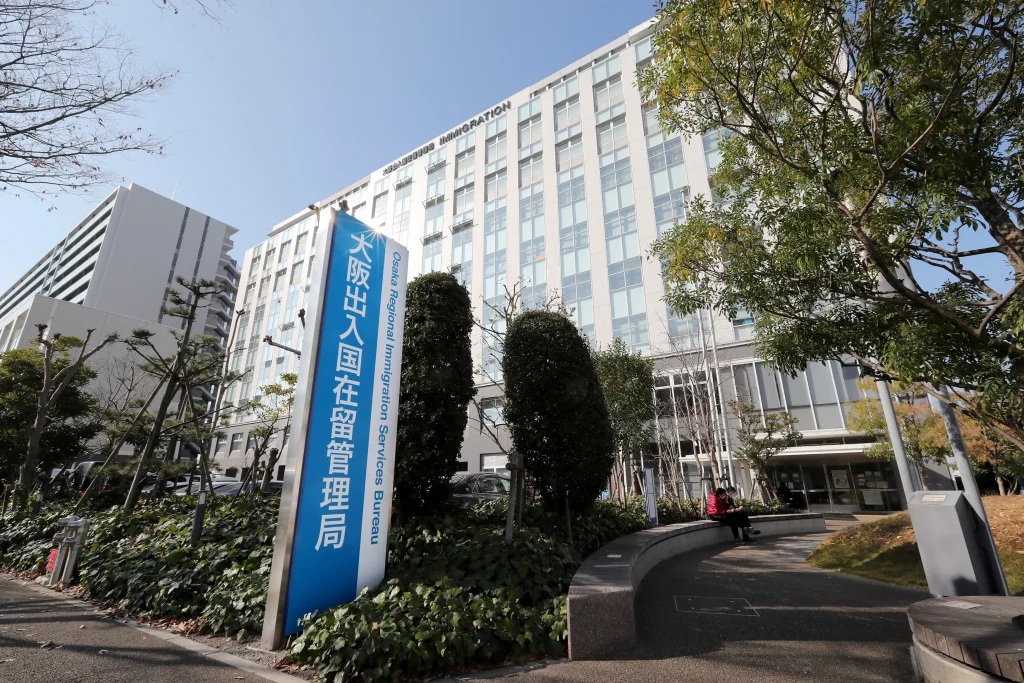On 9 June 2023, the Japanese Diet passed a bill to amend the Immigration Control and Refugee
Recognition Act (ICRRA). As a result of this amendment, on 1 December 2023, Japan, which has
been urged to accept more refugees, will introduce a new category of status for asylum
seekers, called hokanteki hogo taishosha (persons to be granted complementary protection).
This status is given to individuals who fear persecution for reasons other than the five stipulated in Article 1A (2) of the 1951 Refugee Convention — race, religion, nationality, membership of a particular social group or political opinion — but who meet other criteria of the Convention’s definition of refugee.
Schemes to protect people who do not fall within the definition of refugee have been formalised in other developed countries in the past few decades. The European Union stipulates that those outside the refugee definition may still qualify as a ’person eligible for subsidiary protection’, defined as a third-country national or a stateless person who could suffer serious harm if returned to their country. In Japan, the recommendation for the introduction of complementary protection was made in 2014 by a special committee on Japan’s refugee recognition system although it was not formalised until 2023.
Even before this new category was formalised, Japan has granted Special Permission to Stay (SPS) on humanitarian grounds to individuals who were not recognised as refugees. The introduction of this status does not necessarily imply an expansion of Japan’s refugee protection system. Still, there are key differences between SPS and the new category.
While SPS is granted at the discretion of the Minister of Justice, individuals can apply for hokanteki hogo taishosha status if they consider themselves not to meet the Convention’s definition of refugee but wish to seek asylum in Japan. Also, individuals who are determined to fall into this new category will be allowed to attend a settlement support program for refugees while those under SPS are not permitted to do so.
While those granted SPS are typically granted a one-year status of residence for ‘designated activities’, those categorised under hokanteki hogo taishosha are granted a maximum five-year status as a ’Long-term Resident’, the same status given to Convention refugees. Conditions for permanent residency in Japan are also eased for those granted hokanteki hogo taishosha status in the same way as Convention refugees.
Despite these amendments, it is too early to characterise this as a departure from Japan’s restrictive refugee policy. The bill that established this new category also included controversial amendments to the ICRRA. Under the current ICRRA, the deportation of asylum seekers is suspended while their asylum application is being processed. The amended bill lifted the suspension of the deportation of asylum seekers who have submitted an asylum application for a third time or more and do not have a valid status of residence — unless they provide new evidence for their claim. This new rule will be enforced by June 2024.
The Japanese government has justified this controversial change, insisting that Japan’s refugee recognition system has been abused by ’bogus refugees’ who want to avoid deportation and to work in Japan. Human rights advocates point out that this rule is against the principle of non-refoulement, which prohibits states from returning asylum seekers to a country where their freedom or life could be threatened.
Under the current system, individuals whose asylum applications are denied can ask for administrative reviews by a panel of external experts called Refugee Examination Counsellors (RECs). RECs submit an opinion to the Minister of Justice, although they are not legally binding.
While there are more than 100 RECs, several media outlets reported that one REC alone reviewed more than 20 per cent of cases. This REC, when invited as an expert witness to a Diet committee in 2021, claimed she could ‘hardly find refugees’ among the applicants for administrative review. This has been often cited by the government to justify the controversial amendment of the ICRRA. This revelation has caused suspicion among human rights advocates, who argue that the Immigration Services Agency, the government agency responsible for managing Japan’s refugee recognition system, has arbitrarily chosen particular RECs be involved in cases to limit the number of individuals granted refugee status.
While the government has established the new category of hokanteki hogo taishosha, it has been making covert efforts to minimise refugee admission in Japan. Japan’s reluctance to accept refugees has persisted even after its surprising decision to accept more than 2000 Ukrainian refugees following the Russian invasion. That decision was motivated by concern about its status in international society, particularly in comparison to other G7 countries, and was not a shift in Japan’s refugee policy. The same could be said about this new category of status — it may also be a superficial reform to deflect criticism of its refugee policy.
It has been widely reported that the number of asylum applications submitted in Japan is expected to reach a record high in 2023. As travel restrictions imposed by the COVID-19 pandemic are lifted, more and more asylum seekers appear to be arriving in Japan. It is also presumed that the sociopolitical turmoil caused by conflicts across the globe is contributing to the increase. It remains to be seen whether Japan’s updated refugee policy goes far enough to ensure that Japan provides adequate protection to people in need.
Atsushi Yamagata is PhD graduate and Visiting Research Associate at the University of Wollongong as well as Adjunct Lecturer at LEC Graduate School of Accounting. He recently published an article titled “A Critical Analysis of Japan’s Decision to Accept Ukrainians Following the Russian Invasion in 2022” in Refugee Survey Quarterly.

